In general, my interests in the History of Medicine concern issues related to politics and power, medical epistemology, and the emotions. These questions are often on my mind:
How is the doctor-patient relationship constructed? What cognitive processes are at play? What emotional processes? What are the power relations inherent in it?
How do physicians acquire social status? How do they use it? What are the various forces that shape professionalization in different contexts?
How do doctors make knowledge of disease? How do social structures inform the way physicians develop and wield diagnoses? What are the processes that determine whether these diseases are accepted as “true” pathology by patients or society-at-large?
How does the State use the profession of Medicine, or biomedicine as a way of knowing, to legitimate its rule or advance its various agendas? How does political ideology shape the way we care for the body politic, and thus, individual bodies?
How do nonclinicans use biomedical knowledge in their everyday life? How do people use these rhetorics to contest/critique the profession of Medicine?
How and why do people construct illness narratives? How do they interact with the disease scripts advanced by biomedicine?
In general, I have found that studying the history of public health, medical education, and psychiatry allows me the chance to probe many of these questions. My dissertation (see below) has allowed me to explore a few of these questions. In my next project (also below), I hope to explore a few more!

